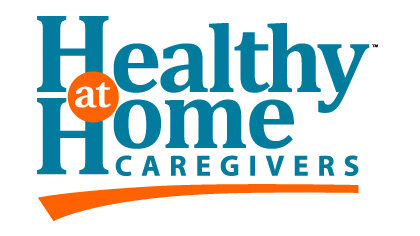Early Signs and Symptoms of Dementia
Most people are perfectly willing to admit they’ve got gaps in their memory, usually about the little things they do every day that tend to fade into the background, but how do you know when those gaps are getting bigger than normal? When does forgetting what you went into a room for turn into a symptom of larger memory loss? The early signs of dementia can fall under the radar or be explained away but knowing what to look out for is key to starting treatments early to help stave off the effects of the disease. Here are some things to look out for when considering bringing up dementia with your doctor:
Memory Loss
The most obvious difficulty that people with dementia experience is their memory loss. While it’s normal to forget little things here and there people beginning to exhibit signs of dementia may forget things more often or just not remember things at all. Often, they’ll have particular difficulty remembering recent events, as opposed to recalling memories of their childhood.
Disorientation
As memories begin to fail people may become confused about where they are. Sometimes they’ll forget how to get to a familiar place, or they may not be able to recall the date. In some situations, the person experiencing dementia related memory loss may even believe they’re back in a completely different time of their life. This can even begin to affect the patient’s sleeping schedule as they may begin to confuse night and day, therefor sleeping through the day and staying up for most of the night. They also may exhibit signs of poor special awareness and the possibility of injuring themselves by running into things may become a concern for their loved ones.
Decline in Communication Skills
Everyone’s forgotten a word in the middle of a sentence here and there, but communication often becomes difficult for people with dementia. They may have trouble following the conversation, misuse simple words, or even resort to describing things they simply can’t remember the name for. A change in speech may be attributed to a stroke or something similar but it could be an early sign of dementia.
Changes in Behavior
When someone notices they’re not performing like they used to mentally, it can take a toll on them emotionally. They may feel embarrassed about their memory lapses, or they may become depressed with the realization that they may need more help than they’re used to. The gaps in their memory may lead to them to developing repetitive behavior such as asking the same questions over and over or repeating actions that they may not remember doing. While some people may become quieter or more withdrawn others may also become agitated or even angry while coping with their new memory loss.
Decrease or Loss of Daily Life Skills
Activities of daily living (ADL’s) may become more difficult for people with dementia to complete. A previously well-kept home may become less tidy as the person struggles to remember to clean up, or their personal hygiene may suffer as it becomes harder and harder to remember when they last brushed their teeth. They may even struggle with things that seem as simple as getting dressed in the correct order.
At the end of the day, it’s important to remember that even things we consider simple can become daunting tasks for those experiencing memory loss in the early stages of dementia. It is important to be able to recognize the early signs of dementia so that you can get your loved one the dementia care they need. The earlier the disease is caught, the earlier it can be treated. While being diagnosed with dementia is a life altering moment an early diagnosis can ensure that those receiving the diagnosis are able to have a say in the care they receive while they’re still able. People can live happy lives with dementia and receiving a diagnosis in the early stages can help to ensure that the individual feels as in control and empowered in their life as possible.

